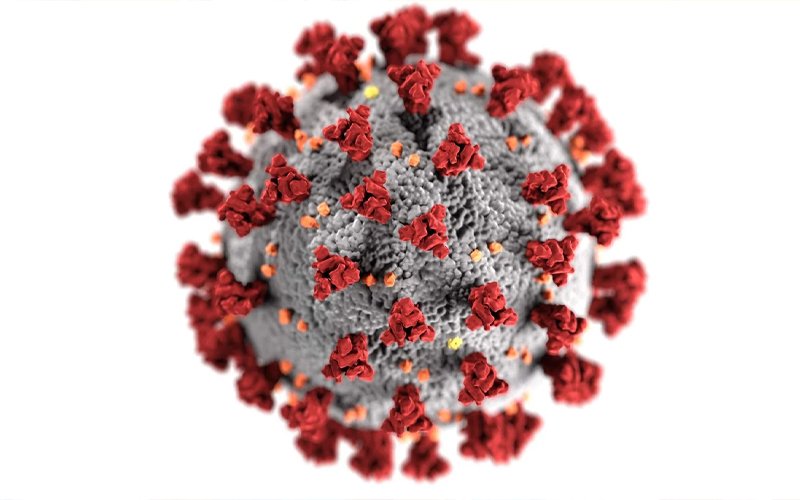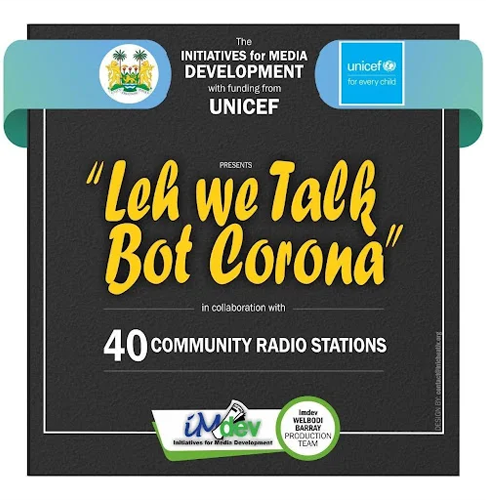IMdev promotes fact checking during COVID 19 with funding from US Embassy
In 2020, IMdev, with funding from the US Embassy in Sierra Leone, utilized its established fact-checking platform, Salone Fact Checker, to combat the proliferation of fake news, particularly amidst the COVID-19 pandemic. Recognizing the increasing prevalence of misinformation on social media platforms, the project aimed to provide a reliable source for fact-checking news and information circulating online.
The “Sierra Leone 2023 Elections: Enhancing the Capacity of Female Journalists in Community Radio to Address Policy Issues on SGBV”, funded by UNESCO IPDC in 2022, aimed to enhance the skills and capacities of 25 female journalists in Sierra Leone, yielding significant outcomes. The project meticulously designed a curriculum aligned with UNESCO's journalism education standards, focusing on crucial indicators such as Media Development, Gender Sensitivity, Internet Universality, and Journalist Safety. Through targeted training sessions on gender-sensitive reporting, investigative journalism, electoral laws, and gender equality laws, tangible improvements in journalistic competencies were achieved. Additionally, online training facilitated by international experts equipped the journalists with advanced professional skills, including access to information laws and media information literacy. Mentorship resulted in 24 journalists successfully producing "Uman Political Barray" broadcasts, showcasing their developed skills and contributing to political discourse, reflecting increased abilities and impactful contributions.
By actively monitoring rumors and misinformation related to COVID-19 and conducting continuous scans of social media, IMdev sought to strengthen the proactive use of social media in disseminating accurate news about the pandemic. Moreover, the project proactively responded to such rumors and misinformation by identifying and investigating the facts posted on social media platforms, ensuring that information shared aligns with ethical journalism standards. Utilizing an ethical lens, IMdev posted verified information on the same platforms, contributing to a more informed public discourse and combating the spread of fake news.

As a result, the project successfully built the capacity of the general public and the emerging wave of citizen journalists in Media Information Literacy during the COVID-19 pandemic. By empowering individuals with the skills to discern credible information from misinformation, IMdev aimed to foster a culture of excellence in using social media platforms to spread news and information responsibly. Through these efforts, the project not only contributed to combating the spread of fake news but also promoted media literacy among the public, enabling them to make informed decisions and navigate the vast landscape of online information more effectively during times of crisis.
